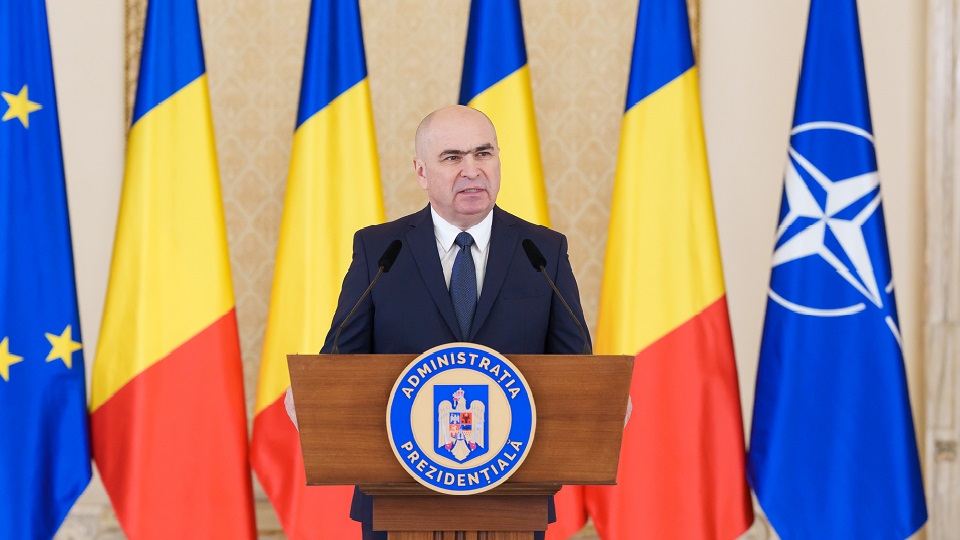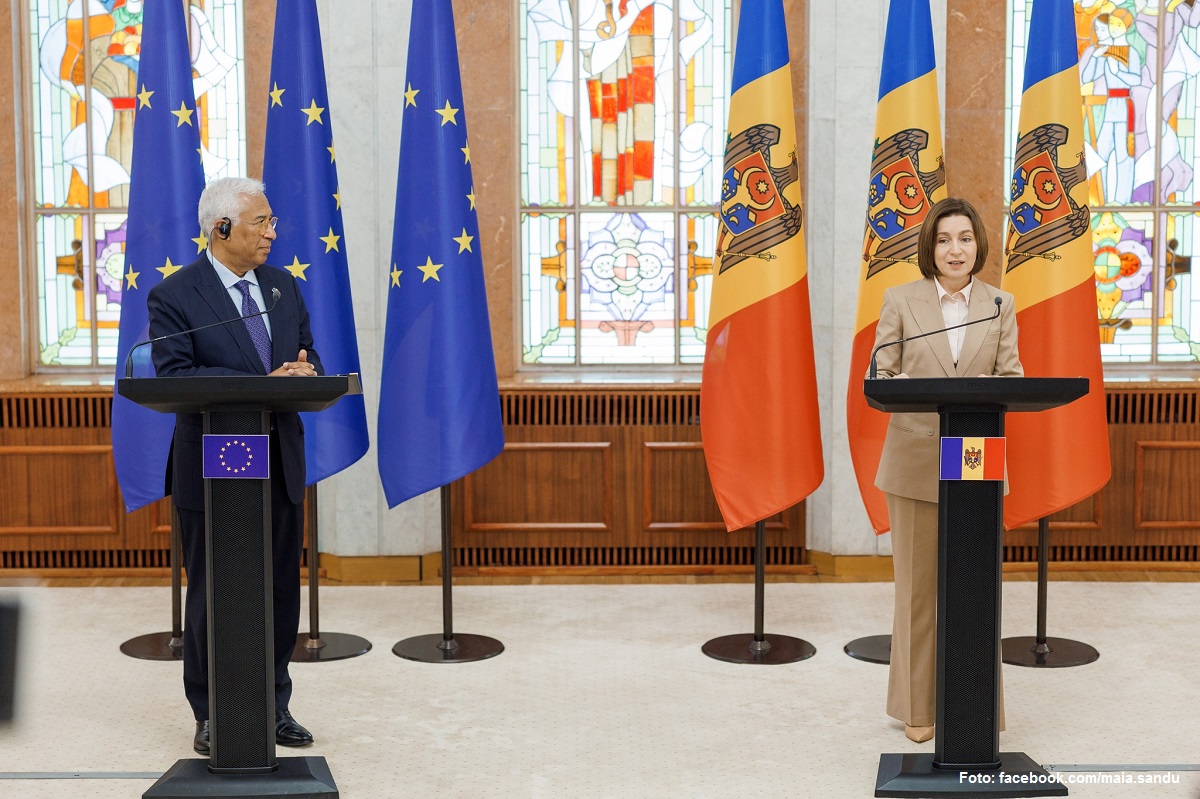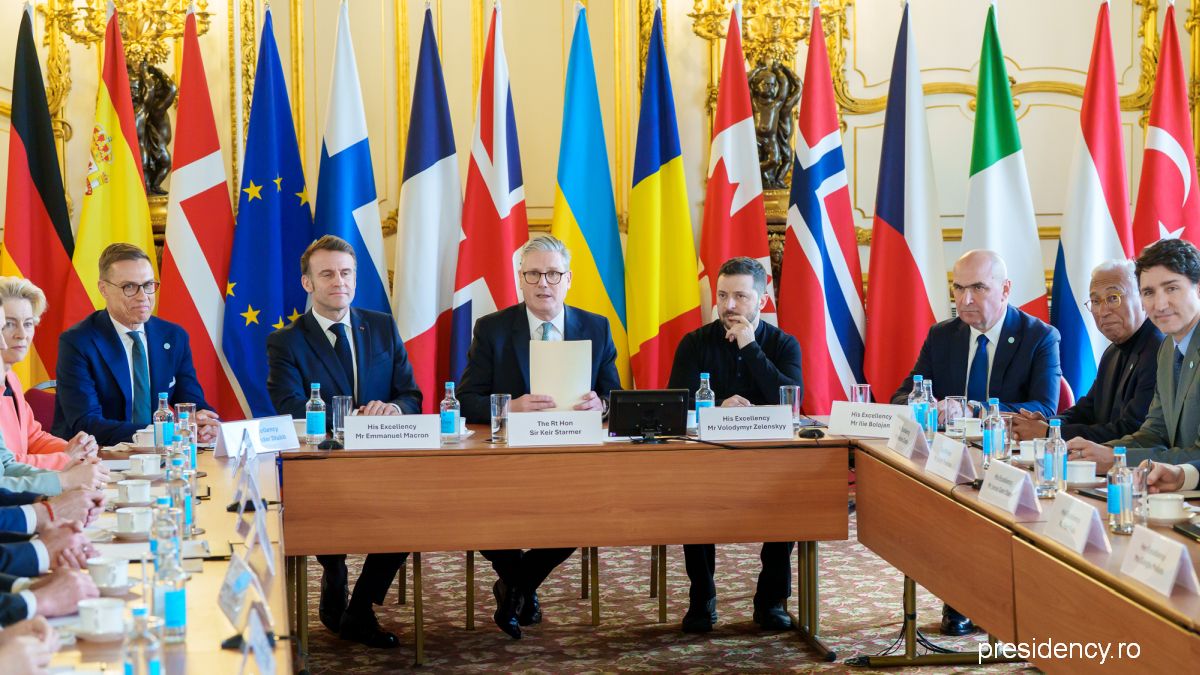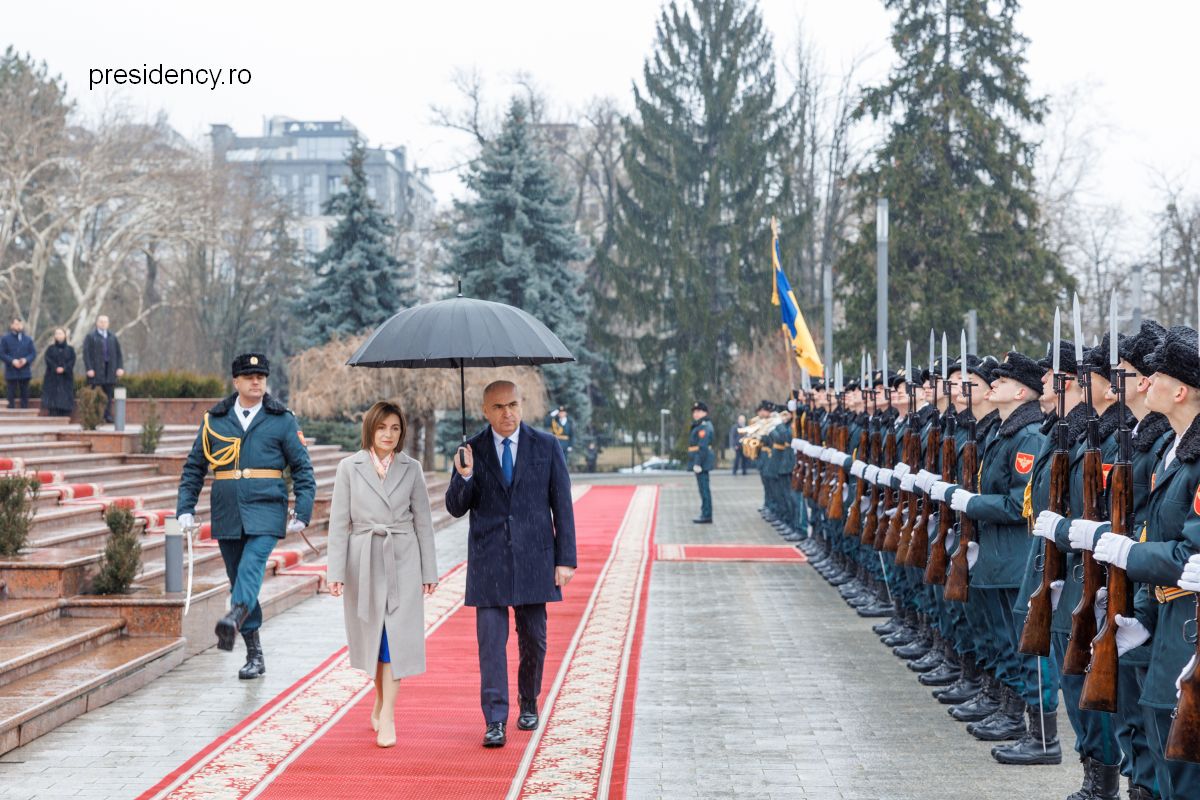The government approves new social-economic measures
The government in Bucharest on Thursday adopted a series of social measures, including for the Romanians living abroad.

Roxana Vasile, 21.07.2017, 13:40
The coalition government made up of the Social Democratic Party and the Alliance of Liberals and Democrats on Thursday approved legislation stipulating that the payment of health insurance and social security contributions will be made based on the minimum wage in the case of part-time contracts. The exception will be students, pupils, persons with disabilities and pensioners, in whose case employers will still be able to pay these contributions based on the sum stipulated in their part-time contracts. The decision does not apply to persons whose cumulated incomes amount to the level of the gross minimum salary.
The new regulations will first be applied to the August incomes. Their purpose is to discourage tax evasion, the Social Democrat prime minister Mihai Tudose has explained: “It has become a regular practice to pay employees based on a part-time contract and cover the difference to the minimum wage under the counter, thus eluding taxes.”
Also on Thursday, the government in Bucharest passed an emergency order blocking new hires in the public administration until the end of the year. This does not apply to healthcare and education. Mihai Tudose: “We’re not sacking anyone, but we’ll make a clear record of the number of people working today in the state sector and for the state sector, for public employees should also work for the state and for citizens. We will make their work more efficient and thus also of the administrative structures they represent.”
The government in Bucharest has also taken measures that benefit the Romanians living abroad by modifying the procedure for granting non-reimbursable funding to support their activities.
The measures seek to improve the funding system and make it more flexible and also allow for funds to be granted for projects aimed at maintaining a relationship between the Romanians living abroad with their native country and at promoting their interests. The minister delegate for Romanians abroad, Andreea Pastarnac explains: “The allocation of funds will involve less bureaucracy and will be based instead on the fulfillment of the strategic goals. Another new element is the possibility to establish multi-annual geographic and thematic priorities for the allocation of funding. We thus hope that Romanian ethnic communities, who make huge efforts to preserve and consolidate their identity, may benefit from the strategy and funding of the Romanian government.”
The government will also launch an information campaign next month for the Romanians wishing to work, study and live abroad raising awareness about the rights as well as the risks they become exposed to when they decide to live abroad.






























